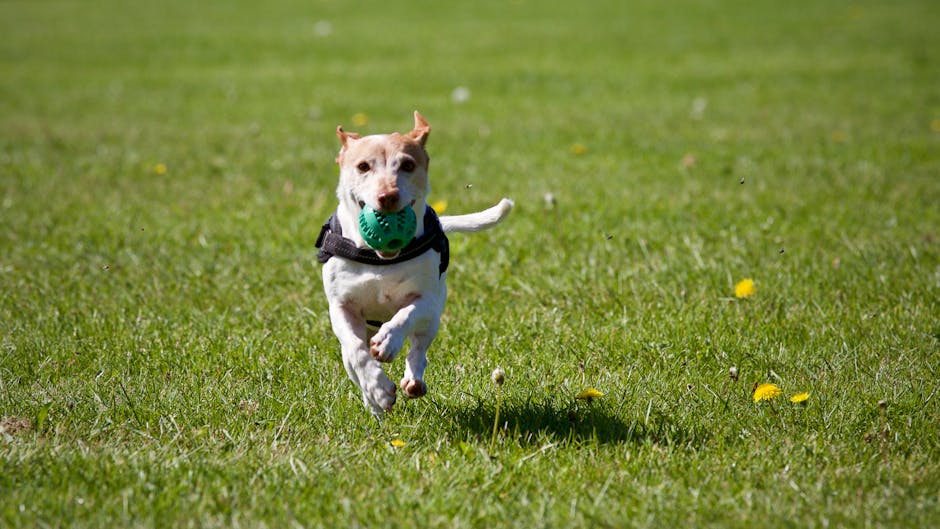Dog training is an essential aspect of pet ownership. It not only strengthens the bond between you and your furry companion but also ensures a safe and harmonious life together. Whether you're a first-time owner or a seasoned dog enthusiast, this comprehensive guide will equip you with the knowledge and techniques to train your dog effectively.
**Understanding Dog Behavior**
The foundation of successful dog training lies in understanding canine behavior. Dogs communicate primarily through body language, vocalizations, and scent marking. By observing your dog's cues, you can better interpret their needs and respond appropriately. Remember, dogs are pack animals, so they naturally seek guidance and leadership from their human companions.
**Positive Reinforcement Training**
Positive reinforcement training is the most effective and humane method of dog training. It involves rewarding desired behaviors with treats, praise, or play. This approach focuses on building a bond of trust and respect, making training a positive experience for both you and your dog. By consistently rewarding good behavior, you reinforce it and make it more likely to be repeated in the future.
**Basic Obedience Commands**
Every well-trained dog should know basic obedience commands. These include sit, stay, come, heel, and down. By teaching these commands, you establish a clear line of communication with your dog, enabling you to control their behavior in various situations. Consistency and patience are key when training obedience commands, as repetition helps dogs learn and retain them.
**Addressing Behavioral Issues**
Behavioral problems in dogs are common and can range from excessive barking to aggression. Identifying the underlying cause of these issues is crucial for effective training. This may involve consulting with a veterinarian to rule out any medical conditions or a professional dog trainer for specialized guidance. With patience and consistency, most behavioral issues can be resolved through positive reinforcement and behavior modification techniques.
**Socialization and Leash Training**
Socialization is essential for dogs to develop into well-rounded individuals. Exposing your dog to different people, animals, and environments helps them become confident and comfortable in various situations. Leash training is another important aspect of dog training, as it allows you to control your dog's movement in public and ensure their safety.
**Advanced Training**
Once your dog has mastered basic obedience commands, you can consider advanced training. This may include agility training, which involves navigating obstacles and performing tricks, or therapy dog training, which focuses on providing emotional support and comfort. Advanced training can enhance your dog's physical and mental abilities and strengthen your bond even further.
**Remember:**
* Dog training is an ongoing process that requires patience, consistency, and positive reinforcement.
* Every dog is unique, so tailor your training methods to their individual needs and learning style.
* Seek professional help if you encounter any challenges or behavioral issues that you cannot resolve on your own.
* Training should be a fun and rewarding experience for both you and your dog. By investing time and effort in training, you'll create a stronger bond with your furry companion and enjoy a lifetime of happy memories together.
